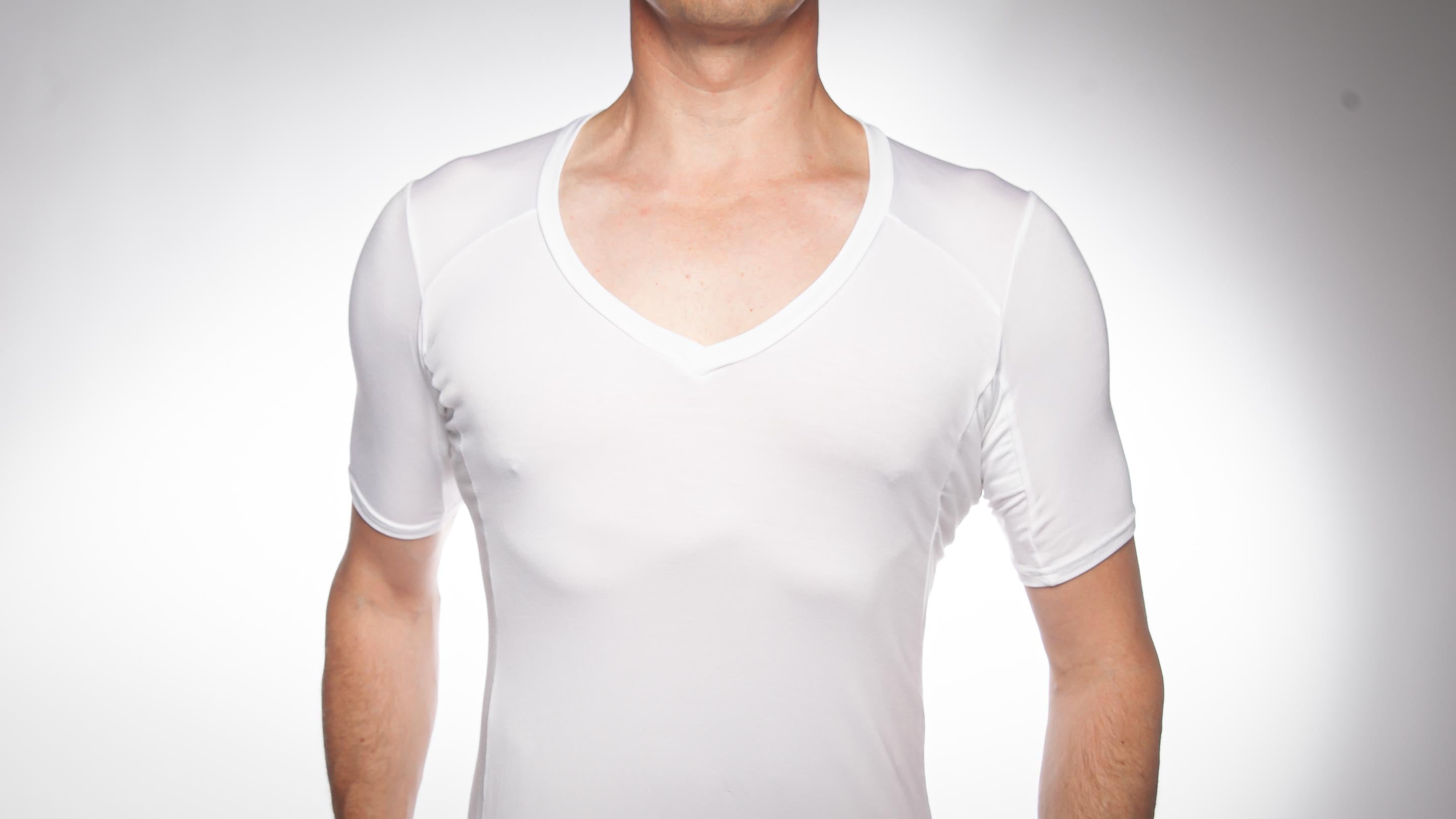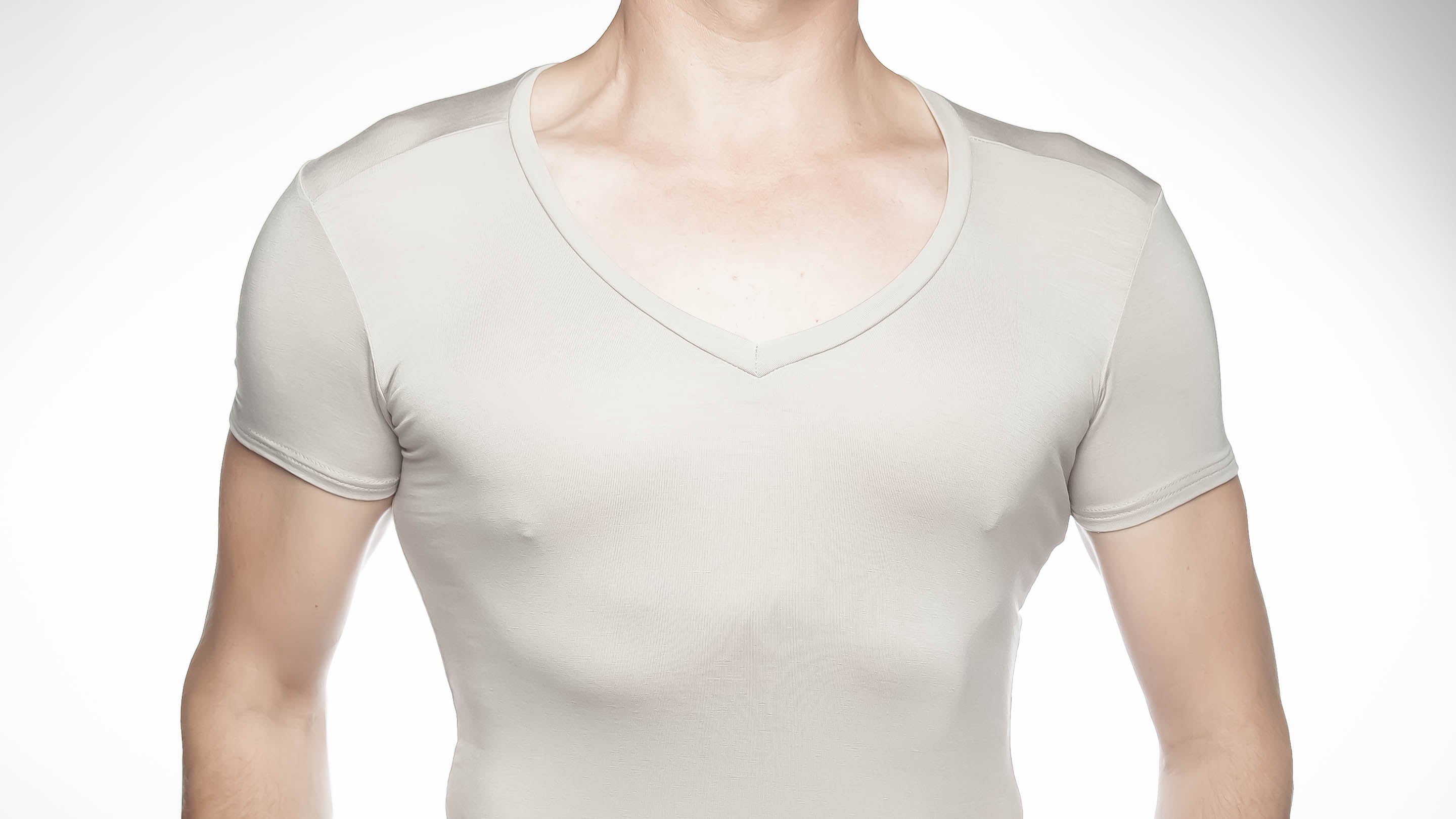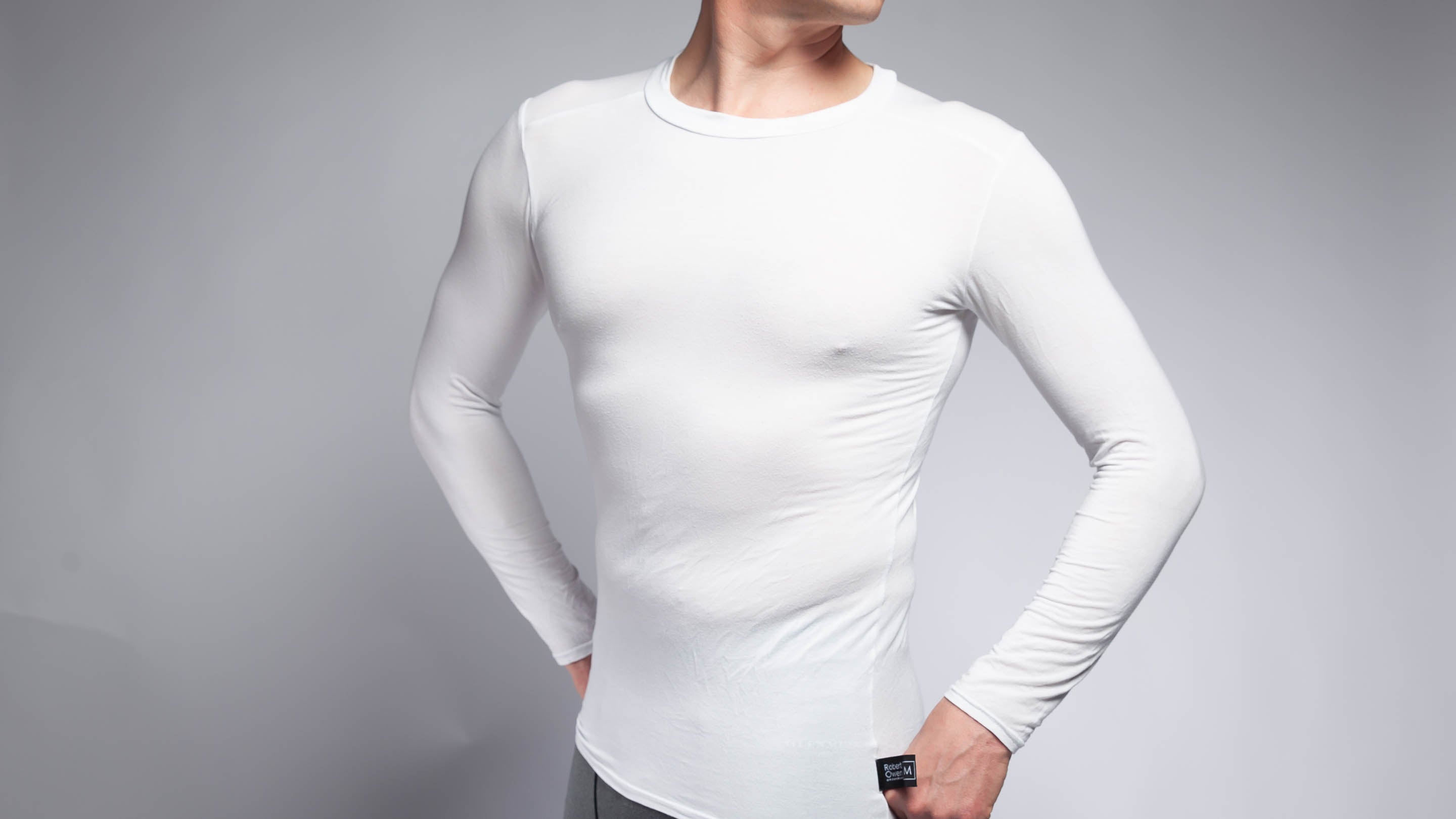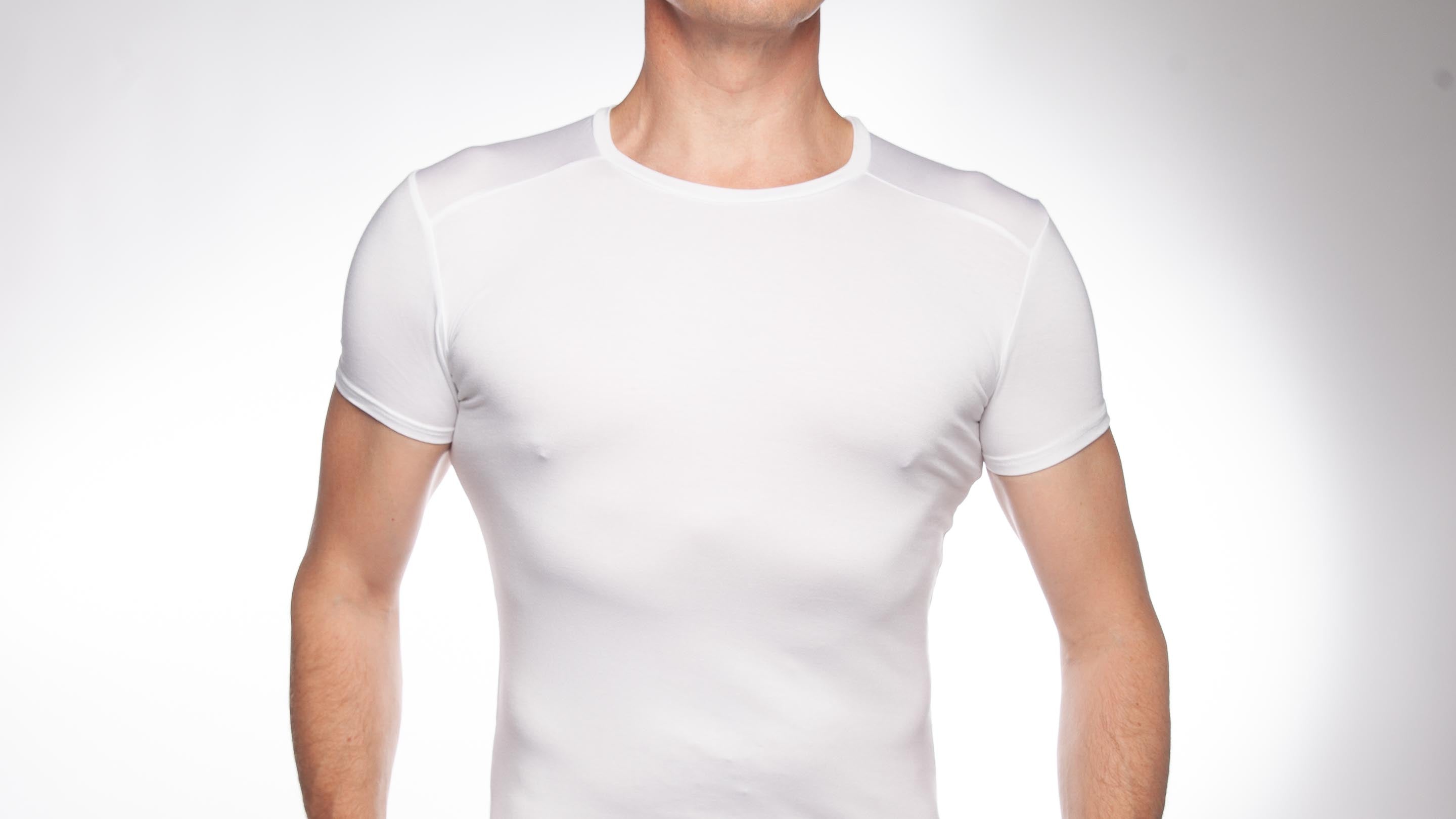Three Surprising facts about sweat
"Enjoy your sweat because hard work doesn't guarantee success, but without it you don't have a chance."
Alex Rodriguez
Sweat features in our lives whether we like it or not. Hard work, sports, nervy presentations, sometimes even when at play, sweat is never far away. As with any bodily function, we'd be dead without it. Here are three facts about sweat which may surprise you.
1. There's more than one type of sweat
Yes! You have more than one type of sweat because you have more than one type of sweat gland. You have two (it's currently thought): eccrine glands and apocrine glands.
Eccrine glands are found all over the body and produce mainly water mixed with a bit of salt (Sodium Chloride - NaCl). The purpose of this types of sweat is to cool your body, and importantly it doesn't cause odour - for that you can blame the other guy.
Apocrine glands are a different kettle of fish. They are linked to hair follicles and only found in certain areas of the body, notably including the armpits. The sweat produced by these glands is fatty (sometimes referred to as milky) and has the potential to be quite odiferous when broken down by bacteria. Aside from giving us body odour what have these glands ever done for us? Well, that seems to be the subject of some debate. Answers include waterproofing hair and making the watery sweat work more effectively by making it spread out over the skin (by reducing surface tension).
2. Your propensity for body odour is related to your earwax type
Never considered a link between your ears and your armpits? Think again. The glands which produce earwax (ceruminous glands) are a modification of the aforementioned apocrine glands; they are cousins if you like. How they work, and what they excrete, is also linked and that affects body odour.
It turns out that some people have a defective gene (with the catchy name of ABCC11) which causes them to have both less body odour and dry earwax. This defect means their sweat lacks some of the compounds which can be turned into more stinky body odour compounds by sweat loving bacteria.
How is this gene distributed in human populations? Well, it turns out that dry earwax is common in Eastern Asian populations, while the wet kind is common in populations of European and African origin.
3. Your high-tech super-wicking synthetic sports top is a stinky bacteria's paradise
Not surprisingly there's more than one type of bacteria responsible for breaking down our fatty type sweat into body odour (it's never simple is it). Staphylococcus and Corynebacterium are the predominant populations found in the armpit but it's a third type of odour producers, Micrococci which favours clothing and makes your gym kit pong. For some reason (as yet there is no clear explanation) this bug loves polyester, where it happy multiples, feeding on the long-chain fatty acids in your sweat, turning them into shorter, stinkier molecules.
OK, so I've got the wet earwax gene, and I like to workout, so what now?
Relax, all is well. Just because you've got wet earwax doesn't mean you automatically smell bad. As for stinky gym kit, well it's a sign of a good workout. We offer you this trivia for interest and to marvel at the everyday workings of the human body.
Fear not, gym bunnies, there are alternatives. Viscose fabric has been found to have quite the opposite effect. According to a study published in the American Society for Microbiology "viscose did not permit any growth of bacterial species", and in this respect, it performed better that cotton. Once again, it's not clear why this should be, and this particular report offered no theories. The best theory I've come across is that it's something to do with the hygroscopic (water absorbing) tendency of viscose. That last point is important because viscose is a water absorbing not wicking fabric. Common thinking is to wear a sweat-wicking fabric when working out. But in reality how much does that matter if you are sweating buckets anyway. Wearing viscose fabric sportswear is worth a tryout, particularly as your sports bag won't turn into a stink bomb.
That said if you sweat more than you'd like you may find it useful to try an undershirt for everyday use.

We made our undershirts from bamboo viscose, so you get the benefit of the bacterial inhibiting properties mentioned above, plus it's great at absorbing sweat, and it feels amazing. An undershirt will shield your dress shirt from the fatty sweat from the Apocrine glands, not to mention the yellow crusty stain-inducing chemical soup formed when this mixes with your the aluminium compounds in your antiperspirant.
Finally, if you fancy an alternative way to deodorise you could try using a natural deodorant powder combined with our Oxford undershirt. This is our best selling undershirt because it has a nifty little feature under the arm. It has a double panel of fabric under the arm which forms a little pocket. Sprinkle into this pocket a little powder (here is a good one from Lush) and it will provide plant-based antibacterial deodorising power for you all day long with no aluminium in sight.
The best undershirts in the UK
We think we make the best undershirts for men in the UK. If you'd like to try one come and see the range in the shop.






